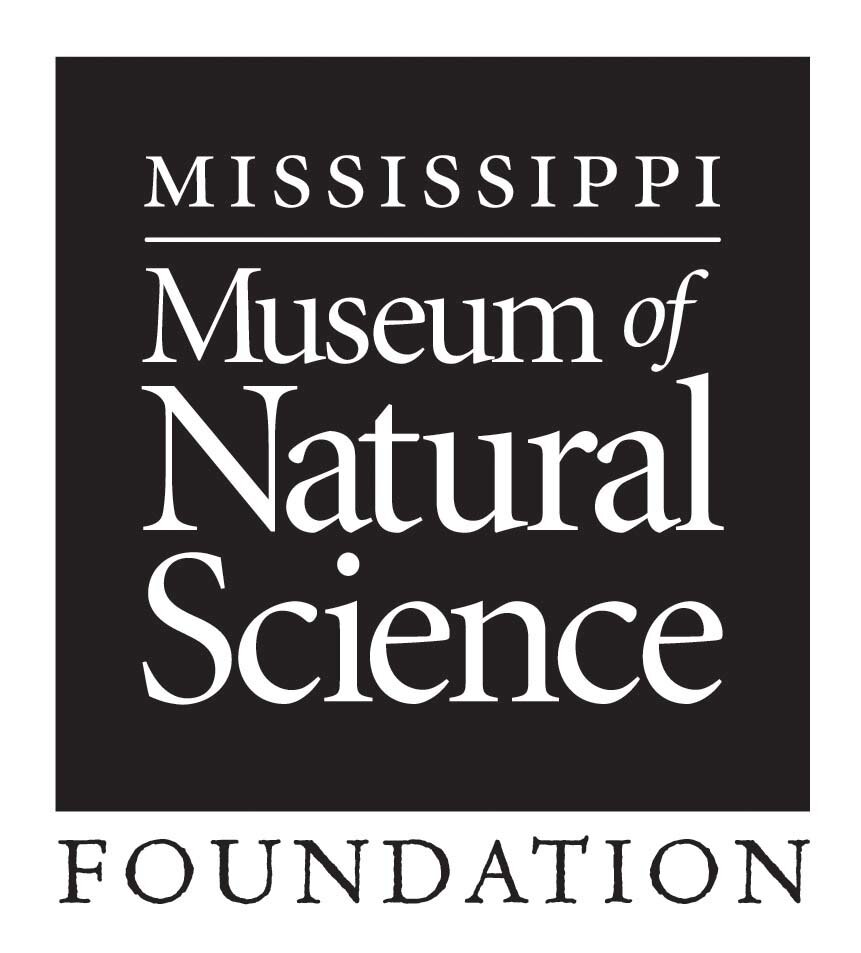Scott Peyton in one of the MDWFP Mississippi Museum of Natural Science research labs
Scott Peyton, Conservation Resources Biologist – Collections Manager
Scott plays an important conservation role for Mississippi and for MDWFP’s Mississippi Museum of Natural Science. He is responsible for building, maintaining, and managing the museum’s collections.
Read on to get to know Scott better.
HOW LONG HAVE YOU WORKED FOR THE MUSEUM?
I’ve been at the museum over 20 years. I started in February 2000.
WHAT’S YOUR WORKDAY LIKE?
My workday varies. As Collections Manager, I try to do some mundane, but necessary, collections maintenance tasks, such a checking temperatures and humidity in collection ranges, checking freezers, and checking status of specimens that are currently being processed.
Then, I may have permits to prepare for scientific collecting, or wildlife rehabilitation. I may participate in specimen preparation, accessioning, or cataloging. Sometimes, I conduct or assist my colleagues with field work in various parts of the state. At other times, I prepare and ship loans of specimens to scientists to study at other institutions.
TELL US A BIT ABOUT YOUR BACKGROUND & EDUCATION
I was born in Memphis and went to high school at Hernando High School in Hernando, Mississippi. I got my Bachelor’s and Master’s degrees from the University of Southern Mississippi.
I did my Master’s thesis on habitat use of two darter species, the harlequin darter and the brighteye darter, in Bayou Pierre, Mississippi.
My primary hobby is fishing. I also like to just get out in the woods, a stream, or river, beach, lake, and look for stuff - salamanders, snakes, birds, fossils - whatever. I guess I’m easily entertained.
WHY DID YOU CHOOSE THIS CAREER?
I chose this career because I have always been interested in biology and conservation.
HOW DOES YOUR JOB CONTRIBUTE TO CONSERVATION?
I hope that building and maintaining the museum’s collections contributes to scientific study of the diverse fauna and flora of Mississippi, by documenting the distribution of species of Mississippi, and in the southeastern US.
Surveys and monitoring activities that I’ve participated in have contributed to our understanding of the richness and diversity of plants and animals in Mississippi and this knowledge is important for making sound conservation decisions.
Assisting other scientists with loans of specimens or sharing of data contributes to our understanding of species diversity and may affect conservation decisions now and in the future.
ANY ADVICE FOR A STUDENT INTERESTED IN A BIOLOGY OR MUSEUM CAREER?
If you are interested in biology or a museum career, then by all means pursue it. We are always in need of motivated biologists! It’s a big world and there’s plenty to do.
We are also always going to need curators and museum professionals to maintain and build on the permanent record of our natural heritage.



